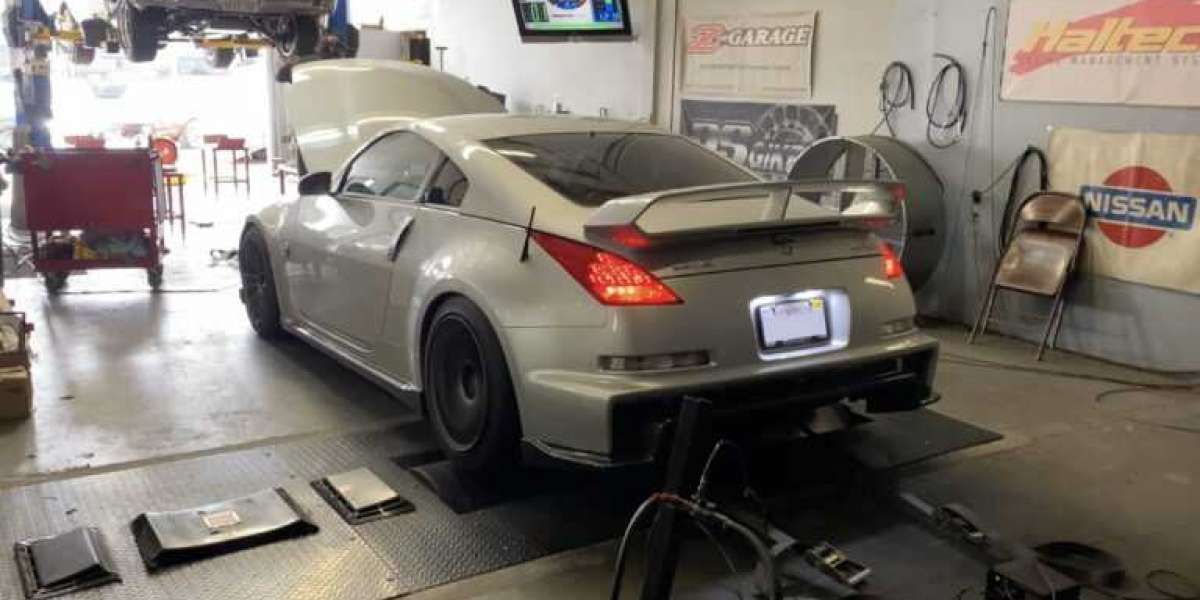While many aspire to own a car, we rarely consider the standard or extended warranty. The first question on every consumer's mind is, "What is a car warranty?" if you have a warranty, you need not pay for the repairs, and the manufacturer will take care of it. We are all aware that although cars are professionally made with excellent RD practices, followed by scrutiny of individual parts, there are occasionally manufacturing flaws or Problems with vehicles. Your car warranty will come in handy at this point to rescue the day.
How Does a Car Warranty Work?
A car warranty is a legal agreement between you and the manufacturer of your car or the company offering the insurance in the case of an extended warranty. In plain English, it states they will cover repairs if your vehicle or one of its components fails due to a faulty part or poor workmanship. In short, a warranty deals with the Problem with cars.
A new car warranty may contain several dozen pages' worth of legalese, limitations, and restrictions that detail what is and isn't covered. Although there may be slight variations, most new car warranties are comparable in their comprehensive coverage. Extensive warranties can differ significantly depending on what is covered, who pays, and where you may have your automobile serviced.
Benefits of a car warranty
Unexpectedly high bills won't be a concern.
Maximum coverage is provided by a comprehensive warranty, which also covers the fuel system, automatic gearbox, steering, brake system, and more.
various tailored coverage options for multiple car types and models
Spend less on garage expenses.
Obtain coverage for labor and parts costs.
Boost the resale value of your car since it shows prospective buyers that you maintained it well and that most problems are covered.
What is Manufacturer Warranty law?
This federal law oversees warranties for consumer products and is known as the Magnuson-Moss Warranty Law. The Act mandates merchants and consumers to provide comprehensive information about warranty coverage, and it impacts consumer rights and warrantors' obligations under written warranties. Although Manufacturer Warranty law simplifies customers to file a lawsuit for warranty breach, it also encourages amicable dispute resolution.
Benefits of Manufacturer Warranty law
The Manufacturer Warranty Law makes it simpler for customers to file a lawsuit for warranty breach by designating it as a federal offense.
With the help of the Law, consumers now have more discretion over whether a case is tried in a state or federal court.
Additionally, it enables successful customers to recoup court fees, expenses, and legal expenses.
The Act also permits class action lawsuits filed in federal court in more extensive situations involving several consumers.
It cannot be easy to comprehend warranties and the Magnuson-Moss Act. You may wish to contact Allen Stewart P.C. if you are involved in a warranty dispute or need more information on warranty law.
Andrew Richardson is the author of this Article. To know more about How to sue for fraud please visit our website: allenstewart.com








